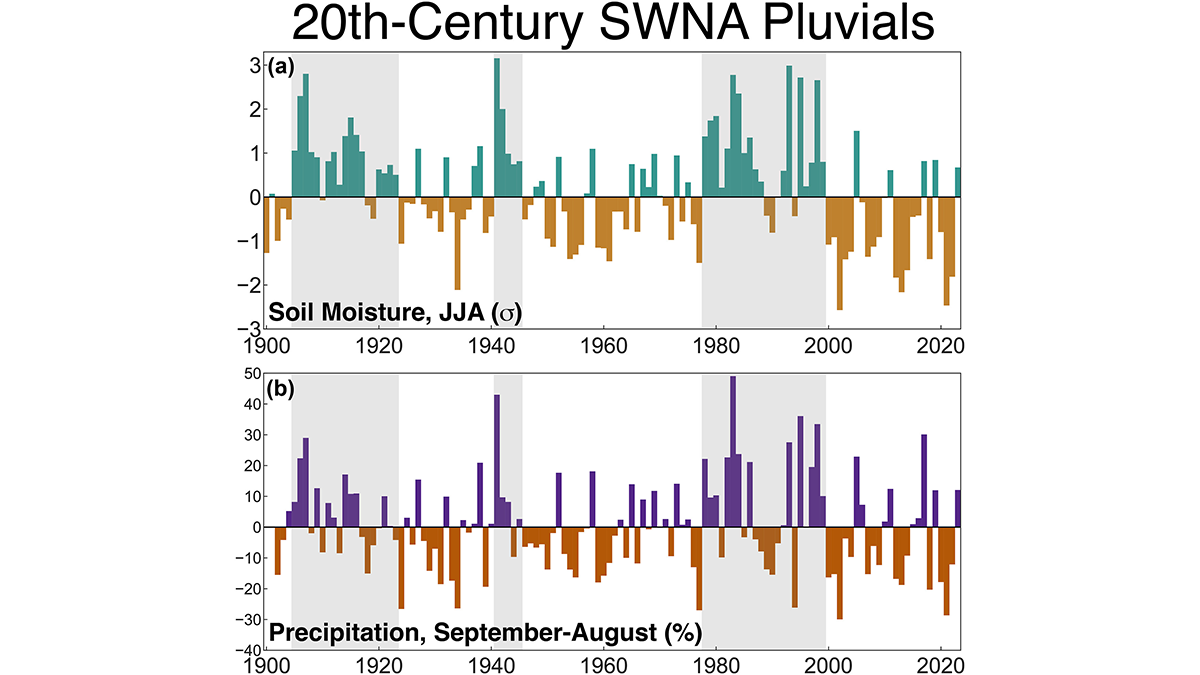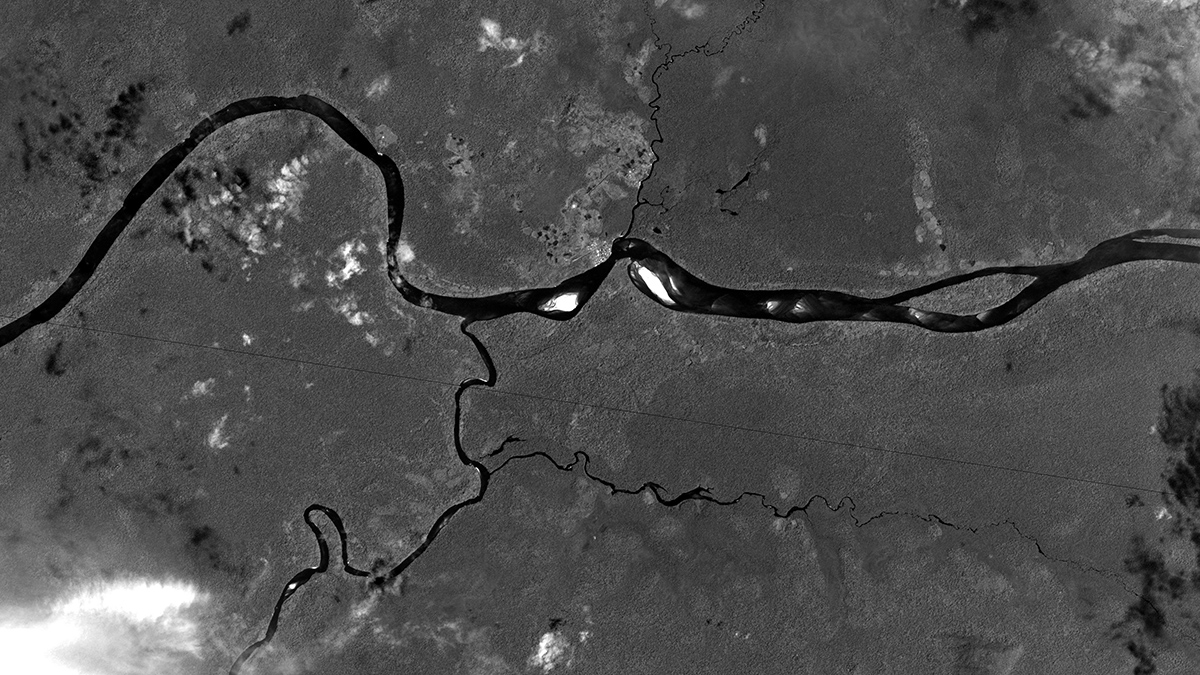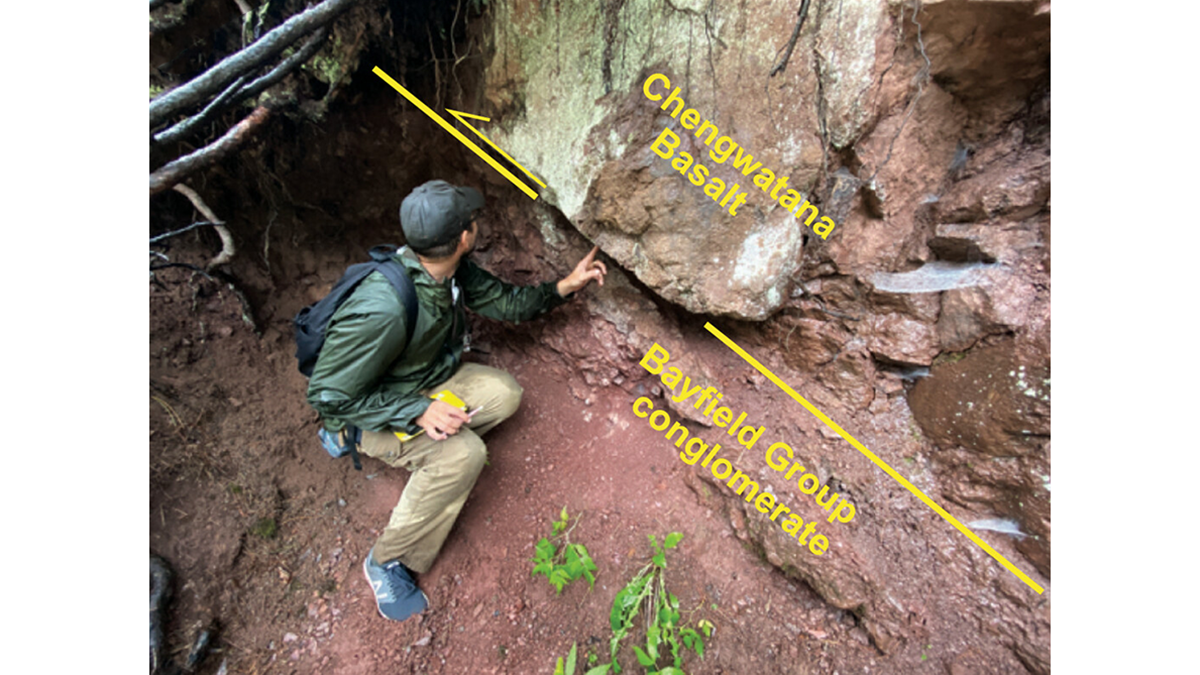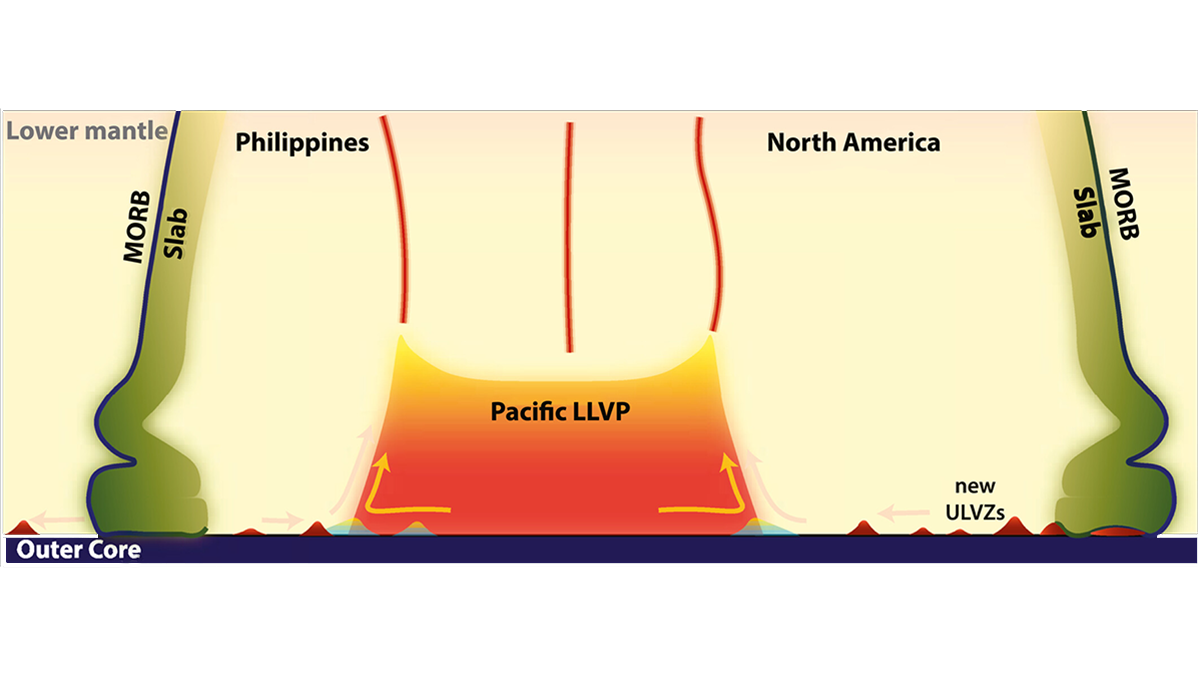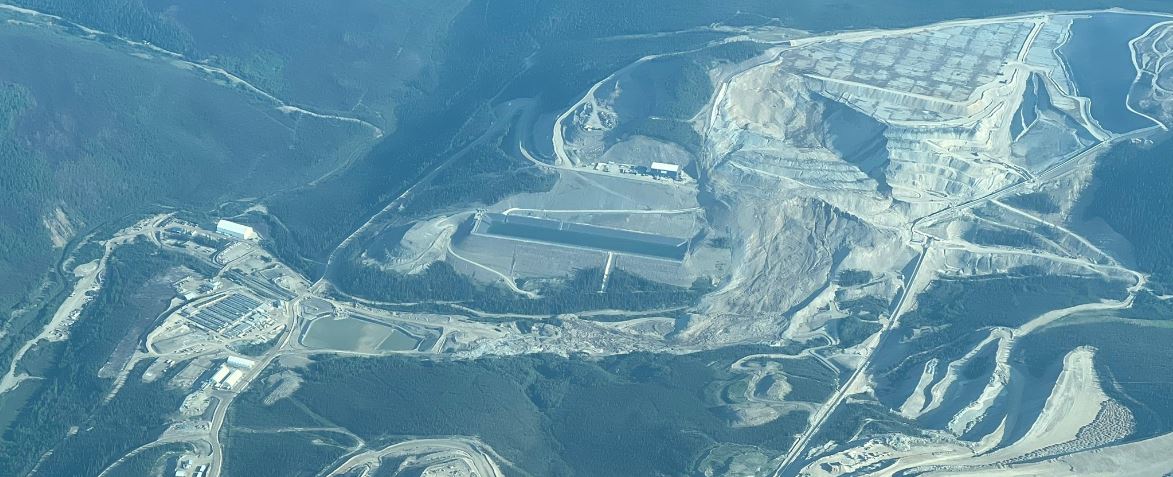A record of soil moisture that extends over one thousand years allows for the investigation of occurrence and causes of modern and historical rainfall-rich periods.
North America
The Rivers That Science Says Shouldn’t Exist
At first glance, these waterways make no sense. A new review article details why they are the way they are.
The looming threat of landslides in the wildfire damaged areas of Los Angeles County
The Landslide Blog is written by Dave Petley, who is widely recognized as a world leader in the study and management of landslides. As Los Angeles recovers from the dreadful wildfires that have destroyed parts of the county, awareness is growing of the potential threat from landslides. The touchstone for these concerns was an interesting […]
Structural Inversion of an Intracratonic Rift System in Deep Time
A new study reconstructs how an ancient North American rift system was uplifted in space and time due to subsequent continent-continent collision.
The Surprising Factor Making the United States a Tornado Hot Spot
The roughness of terrain far upstream of where tornadoes occur can affect their formation. It could be what drives the contrast in tornado activity between North and South America.
Crustal Melts at the Core-Mantle Boundary
Seismic waves get sent in all directions for deep mantle anomalies, and a new analysis shows where those scatters lie and what properties they have.
On the low frequency of rock avalanches in NE Baffin Island
The Landslide Blog is written by Dave Petley, who is widely recognized as a world leader in the study and management of landslides. Rock avalanches are an important hazard in areas with fjord topography, potentially impacting humans directly but also having the capability to generate large tsunamis that can cause damage over quite large distances. […]
More information about the 24 June 2024 heap leach landslide at Eagle Mine in Canada
The Landslide Blog is written by Dave Petley, who is widely recognized as a world leader in the study and management of landslides. Information is emerging about the 24 June 2024 landslide at Eagle Mine in Yukon, Canada. Northern Miner has a video taken from an aircraft flying over the site that is worth a […]
A major landslide at a heap leach pad at Eagle Gold Mine in the Yukon, Canada
The Landslide Blog is written by Dave Petley, who is widely recognized as a world leader in the study and management of landslides. In a short statement on its website yesterday, Victoria Gold (“a mining company focused on the Yukon”) confirmed that “the heap leach pad (“HLP”) at the Eagle Gold Mine in Yukon experienced […]
Arctic Warming Triggers Abrupt Ecosystem Shift in North America’s Deepest Lake
Great Slave Lake’s huge cold water mass shielded it from impacts of the rapidly warming climate—until now.

